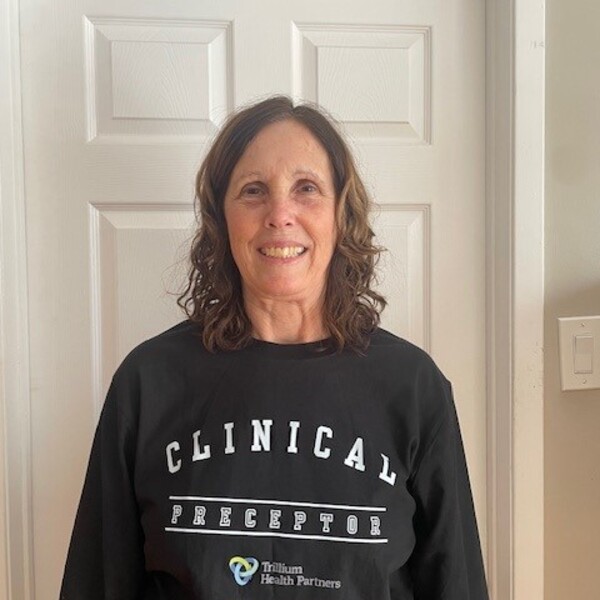Mobile Menu
- About Us
- Faculty & Staff
- Prospective Students
- Current Students
- Research
-
Fieldwork & Clinical Partners
- Fieldwork Schedule
- Fieldwork Manual
- Fieldwork Forms
- Fieldwork Partner Resources
- Student Resources
- Clinical Partner Teaching Opportunities
- Fieldwork Education Awards
- Fieldwork FAQs
- Alumni




